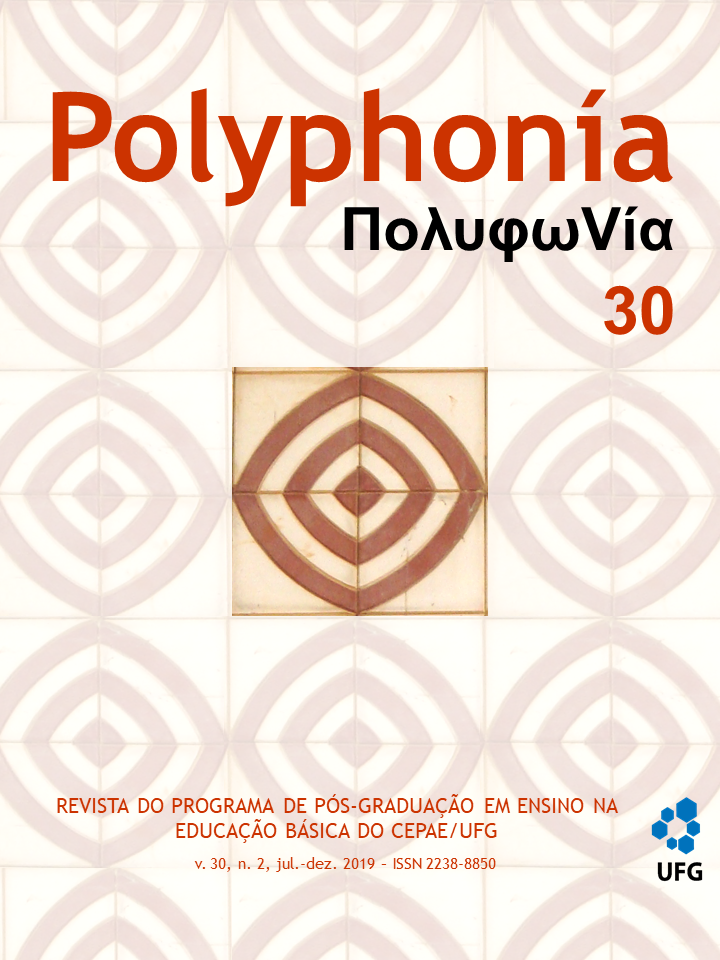Educação matemática e jogos digitais de entretenimento com estudantes da educação básica
DOI:
https://doi.org/10.5216/rp.v30i2.65113Abstract
This article reports the partial results of a research carried out in an extension project entitled: “@PED: Pedagogical Actions in Digital Environments”. This project is focused on the study of digital entertainment games for the treatment of basic mathematics content. The article briefly discusses the concept of network society (CASTELLS, 2002) and the need for mathematical education to incorporate new languages (LOPES et al., 2013). It also concisely presents the theoretical foundation that supports the pedagogical experience: Vergnaud (1991; 2013), Vygotsky (2009), Vila and Callejo (2006), among others. The research carried out in the heart of the project aims to answer the question: is the proposal for mathematical education from digital games offered by the @PED Project well accepted by the participants? The methodology used is critical communicative, with the analysis of four questionnaires carried out with the participants in 2017, 2018 and 2019. The data collected revealed high rates of acceptance of the project. The results of the research indicate that combining digital entertainment games with the teaching of mathematics constitutes a path well accepted by students and very promising, in particular, regarding their interest and involvement in activities associated with mathematical learning.Downloads
Download data is not yet available.
Downloads
Published
2020-08-19
How to Cite
GODOY, João Paulo; PEREIRA LOPES, Janice; MANHENTE ROCHA, Wanessa Cristina. Educação matemática e jogos digitais de entretenimento com estudantes da educação básica. Revista Polyphonía, Goiânia, v. 30, n. 2, p. 177–200, 2020. DOI: 10.5216/rp.v30i2.65113. Disponível em: https://revistas.ufg.br/sv/article/view/65113. Acesso em: 11 feb. 2026.
Issue
Section
Dossiê: Tecnologias digitais e ensino na educação básica
License
Política de direitos autorais (acesso livre). Autores que publicam nesta revista concordam com os seguintes termos: Autores mantém os direitos autorais e concedem à Revista Polyphonía o direito de primeira publicação, com o trabalho simultaneamente licenciado sob a Creative Commons Attribution License que permitindo o compartilhamento do trabalho com reconhecimento da autoria do trabalho e publicação inicial nesta revista.
Autores têm autorização para assumir contratos adicionais separadamente, para distribuição não-exclusiva da versão do trabalho publicada nesta revista (ex.: publicar em repositório institucional ou como capítulo de livro), com reconhecimento de autoria e publicação inicial nesta revista.
Autores têm permissão e são estimulados a publicar e distribuir seu trabalho online (ex.: em repositórios institucionais ou na sua página pessoal) a qualquer ponto antes ou durante o processo editorial, já que isso pode gerar alterações produtivas, bem como aumentar o impacto e a citação do trabalho publicado (Veja O Efeito do Acesso Livre).


